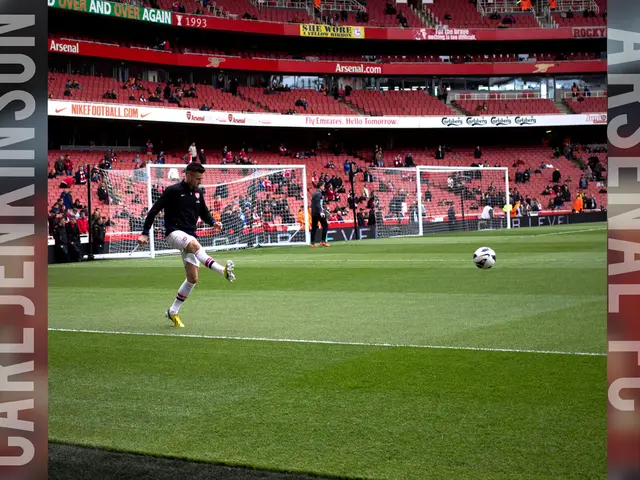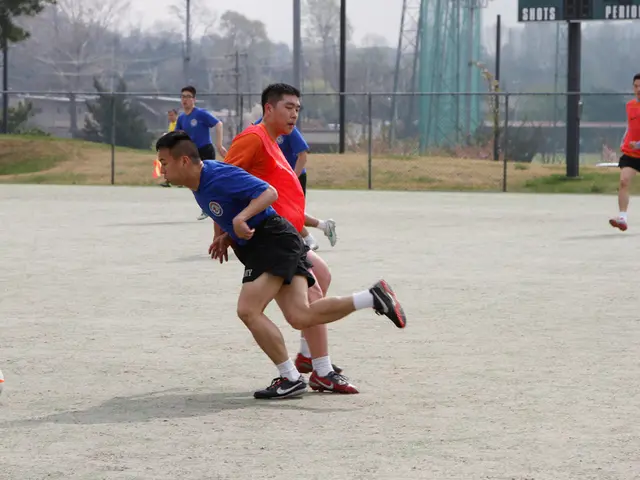Reduced city council with less political parties represented
In a bid to counteract the fragmentation of municipal parliaments, the NRW state parliament passed an amendment to the Community Charter for the State of North Rhine-Westphalia last year. However, the example of Bergisch Gladbach shows that the goal of this amendment has not been fully achieved.
The amendment increased the minimum size for a faction in the city council from exactly two persons to at least three members. This change was intended to ensure that smaller parties or independent council members could not form factions easily, thus reducing the number of factions in the council.
Before the amendment, the low threshold allowed even two-person factions to benefit. Now, at least three council members must come together to form a faction. Despite this change, the city council of Bergisch Gladbach does not host nine factions as initially intended.
The city council, which was increased from 56 seats to 72 due to surplus and equalization mandates, now has four large factions (CDU, SPD, Greens, AfD) and one small faction (The Left, with 3 seats). Five parties—FDP, FWG, Volt, and Citizen Party—each have 2 seats but do not reach the minimum number and are merely "groups" with the same rights as individual council members.
The FWG chairman and former faction leader Rainer Röhr finds it particularly hard to do without the experts who used to support the council members in their work. The amendment is counterproductive, as it excludes expert citizens who want to contribute on a voluntary basis without joining a larger party or submitting to it.
A faction in the city council brings privileges such as the possibility to name experts, be represented in the oldest council, and receive increased expenses for the faction chairperson. These privileges are currently enjoyed by the four large factions, leaving the "groups" at a disadvantage.
The amendment is not just about the financing of the council work of smaller factions, but also about the exclusion of expert citizens who could potentially bring valuable insights and perspectives to the table. As such, the amendment's intended goal of reducing the number of factions in the city council may have unintentionally created a situation where smaller parties and independent council members are sidelined.
Read also:
- United States tariffs pose a threat to India, necessitating the recruitment of adept negotiators or strategists, similar to those who had influenced Trump's decisions.
- Weekly happenings in the German Federal Parliament (Bundestag)
- Southwest region's most popular posts, accompanied by an inquiry:
- Discussion between Putin and Trump in Alaska could potentially overshadow Ukraine's concerns







